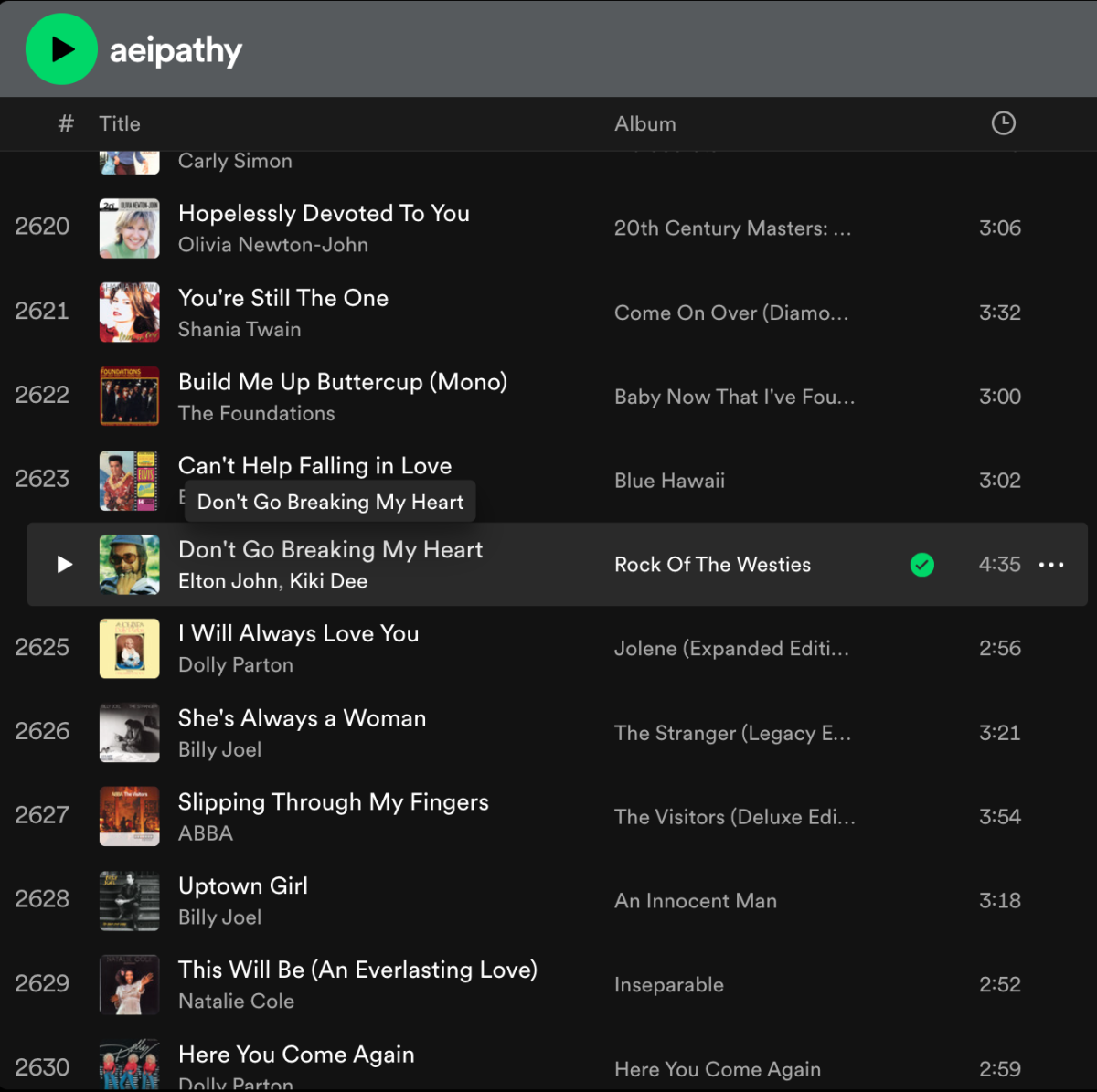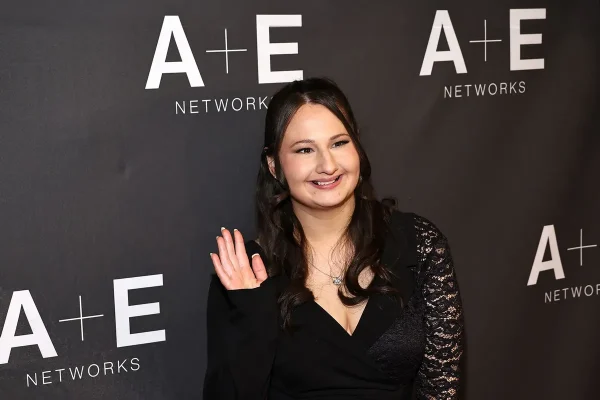You may not be as informed as you think you are

More stories from Olivia Luplow

In a time of such social injustice and prominent unrest between the different political parties, it is rare that one can observe two people actually listening to another. Although many may disregard this fact and remain attached to the idea that they do, in fact, listen to others, this is not necessarily true. While many think that they are listening to other people, especially those of differing opinions, they are often not. What they are really doing is simply hearing them: a combination of nodding respectfully while also waiting impatiently for them to shut up.
This concept is one that is touched on in a multitude of books; however, Public Opinion by Walter Lippmann is the one that brought this dilemma to my attention. Now that I look at it, though, everyone already knows that this is happening. Everyone already knows that this is happening because they’re doing it on purpose.
One of the points that Lippmann makes in his book is the idea that, contrary to popular belief, listening to a variety of opinions can actually make you more informed. He says that by refusing to actually absorb other viewpoints, a self-centered act turns into a self-sabotaging act.
In all, though, the book focuses on the idea of mass media propaganda. He expands on the idea that public opinion is ultimately formed around stereotypes and the limited information that is presented to the public. From this, his “Theory of Public Opinion” concludes that the ability of the press and media to release specific information about an event or topic ultimately leads to different and specific perceptions of events.
But, that’s not even the scariest part. The scariest part is that Lippmann’s book was published in 1922. 1922. And yet, it’s still terrifyingly relevant today.
Today, our news culture is surrounded by a cascade of news from all different perspectives. This further challenges Americans because we must sift through all of the “fake news” that is combined with the multitude of varying news channels that all present their own side of things.
Many people, including me, find themselves viciously ignoring the side of the news that doesn’t align with their own personal views. This, however, as Lippmann previously observed in the early 1900s, is a severely self-sabotaging strategy.
Ultimately, the moral of the story is that we must form our own opinions logically and in an informed manner. Although this is much easier said than done, we must learn to sift through information and be able to decide what we believe to be true. We must listen, actually listen, to others’ opinions, even when they stray from our own and, in turn, become more informed
Even if you have an entire conversation with someone and disagree with every single thing that they said, at least you listened. And even though you may not think that conversation benefitted you at all, you are now more aware than ever of what you do not believe.
In the end, it all goes back to the same problem that has been happening since the early 1900s: the art of actually listening. In order for us, as a country, to progress towards a more politically informed society, we must become more focused on accepting and learning from differing opinions rather than merely tolerating them.

Olivia Luplow is a senior and is entering her second year on The Central Trend as a staff writer. This year, she has taken over the position of Public...
























































































